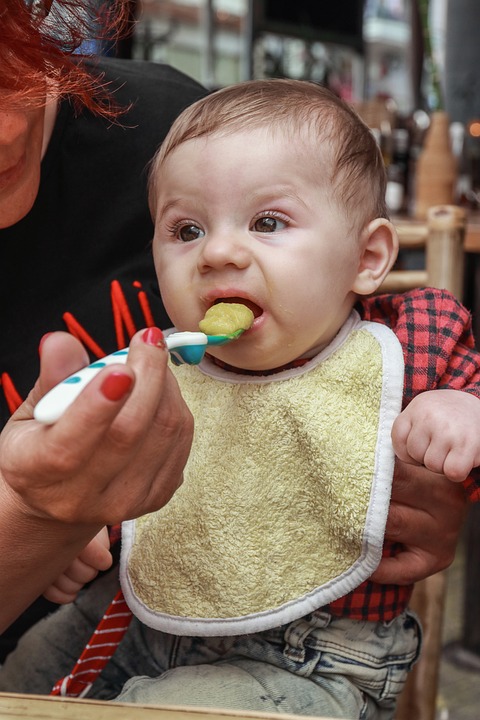Introduction
The porridge processing industry plays a crucial role in providing consumers with a convenient and nutritious breakfast option. From raw grain to ready-to-eat bowl, this industry involves various steps and processes to ensure the final product meets high-quality standards. In this report, we will delve into the inner workings of the porridge processing industry, exploring the journey from raw materials to the finished product.
Raw Materials
Grains
One of the key raw materials used in porridge processing is grains, such as oats, wheat, barley, and rice. These grains are rich in nutrients and provide the base for porridge products. Companies in the industry source grains from farmers and suppliers, ensuring they meet quality standards before processing.
Other Ingredients
In addition to grains, porridge processing companies use various other ingredients to enhance the flavor and nutritional value of their products. Common additives include fruits, nuts, seeds, and spices. These ingredients are carefully selected and processed to create a well-balanced and delicious porridge mix.
Processing
Cleaning and Sorting
The first step in porridge processing involves cleaning and sorting the raw materials. Grains are inspected for impurities and foreign objects, then cleaned to remove dirt and debris. This ensures the final product is safe for consumption and meets quality standards.
Milling and Grinding
Once the grains are cleaned, they are milled and ground to the desired texture. This process helps break down the grains into smaller particles, making them easier to cook and digest. Companies use specialized equipment to ensure consistent particle size and texture in their porridge products.
Blending and Mixing
After milling and grinding, the grains are blended with other ingredients to create a well-rounded porridge mix. Companies carefully measure and mix the ingredients to achieve the desired flavor profile and nutritional content. This step is crucial in ensuring the final product meets consumer expectations.
Production
Cooking and Packaging
Once the porridge mix is prepared, it is cooked and packaged for distribution. Companies use industrial cooking equipment to cook the porridge to perfection, ensuring it is evenly heated and delicious. The cooked porridge is then portioned into individual servings and packaged in convenient containers for sale.
Quality Control
Throughout the production process, companies implement strict quality control measures to ensure the final product meets high standards. Quality control tests are conducted at various stages of production to check for consistency, flavor, texture, and safety. Companies invest in advanced testing equipment to maintain quality and safety in their porridge products.
Market Trends
Consumer Demand
The porridge processing industry is influenced by consumer demand for convenient and healthy breakfast options. As consumers become more health-conscious and seek out nutritious foods, the demand for porridge products has grown. Companies in the industry are responding to this trend by offering a variety of flavors, ingredients, and packaging options to meet consumer preferences.
Industry Growth
The porridge processing industry is experiencing steady growth, driven by increasing consumer awareness of the benefits of porridge as a breakfast option. According to market research reports, the global porridge market is expected to continue growing in the coming years, with a focus on innovation and product development.
Key Players
Quaker Oats
Quaker Oats is a leading player in the porridge processing industry, known for its high-quality oats and innovative product offerings. The company has a long history of producing porridge products and has a strong presence in markets around the world.
Weetabix
Weetabix is another key player in the industry, offering a range of porridge products made from whole grains and natural ingredients. The company focuses on sustainable sourcing and production practices, appealing to environmentally conscious consumers.
Conclusion
In conclusion, the porridge processing industry plays a vital role in providing consumers with a nutritious and convenient breakfast option. From raw grain to ready bowl, companies in the industry carefully process and package porridge products to meet high standards of quality and safety. With consumer demand on the rise and industry growth projections positive, the future looks bright for the porridge processing industry.




